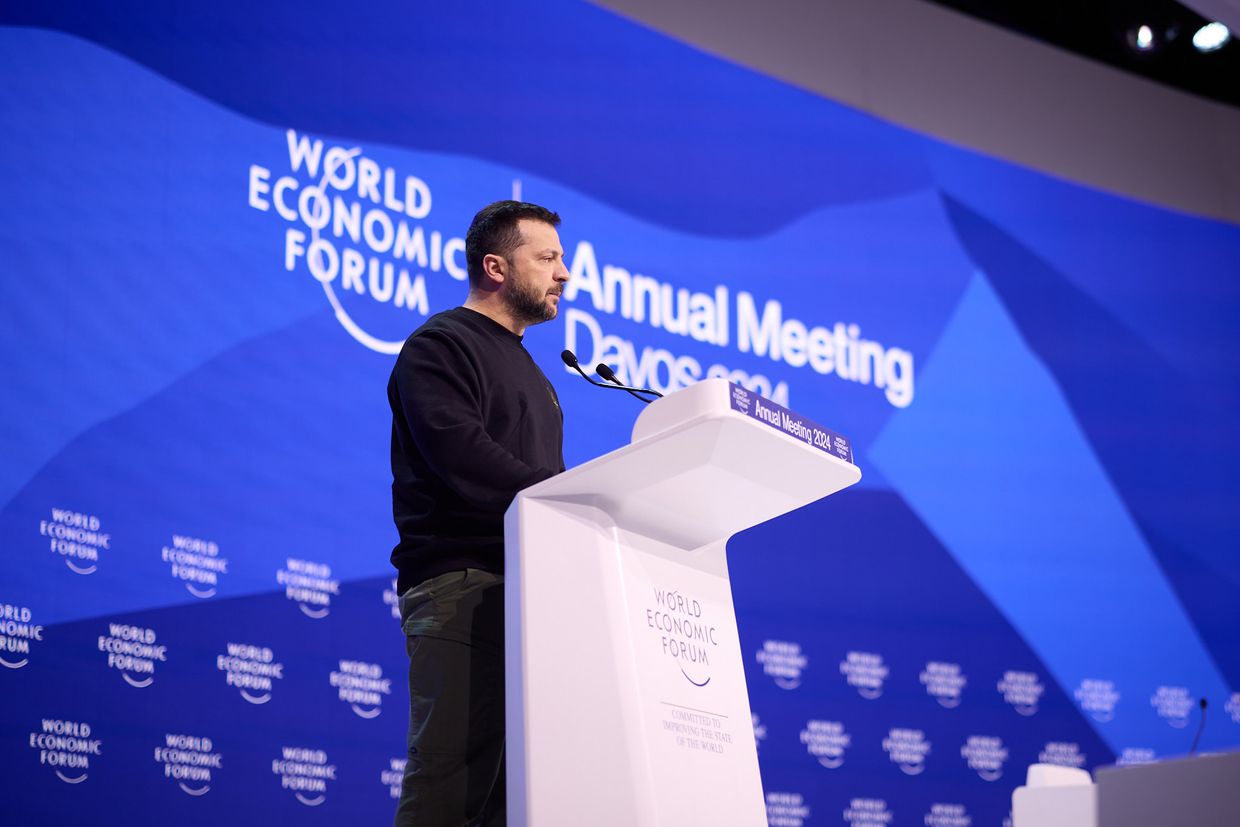European Parliament backs resolution calling for suspending Hungary's EU voting rights

The European Parliament supported on Jan. 18 the resolution calling on the European Council and member states to suspend Hungary's voting rights, said Petri Sarvamaa, a senior member of the European Parliament (MEP).
Earlier this month, Sarvamaa launched a petition to remove some of Budapest's membership rights due to the country's "erosion of the rule of law" and obstructive behavior in the face of EU consensus building.
The resolution, supported by 345 MEPs with 104 voting against and 29 abstaining, calls on the European Council to examine whether Hungary is committing a "serious and persistent breach" of the bloc's values under Article 7.2 of the EU treaty.
If 26 members, excluding the 27th member who is under consideration, agree that a breach is occurring, a qualified majority of the Council can suspend some of Hungary's membership rights, including voting rights, under Article 7.3 until all duties are fulfilled.
"The European Parliament has done its part; now it's up to Member States to follow through," Sarvamaa said on the social media platform X.
Earlier this week, Slovak Prime Minister Robert Fico, who is considered close to Hungarian Prime Minister Viktor Orban, said he would fight against any attempts to restrict Hungary's EU rights. Bratislava's opposition could prevent consensus on Article 7.2.
Both Fico and Orban have repeatedly criticized Western support for Ukraine and sanctions against Russia. Hungary also blocked the EU's long-term budget, including 50 billion euro ($54 billion) for Kyiv, during a European Council summit in December.
This aid is especially crucial now for Ukraine as assistance from the U.S. of over $60 billion remains stalled by domestic political infighting.
EU leaders are to reconvene to vote on the budget on Feb. 1. European Commission President Ursula von der Leyen said that the bloc is prepared to provide support for Ukraine even without Hungary's approval.
The EU Parliament's resolution condemned Hungary for blocking the funds. It also called for a probe of the European Commission's decision to unfreeze over 10 billion euros (roughly $11 billion) for Budapest ahead of the December summit.
The European Commission said that the decision was taken strictly due to procedural reasons, namely in response to judicial reforms undertaken by Hungary.
Although Orban blocked the funding for Ukraine, he allowed other EU leaders to reach a consensus on accession talks with Kyiv by leaving the room during a key vote.











